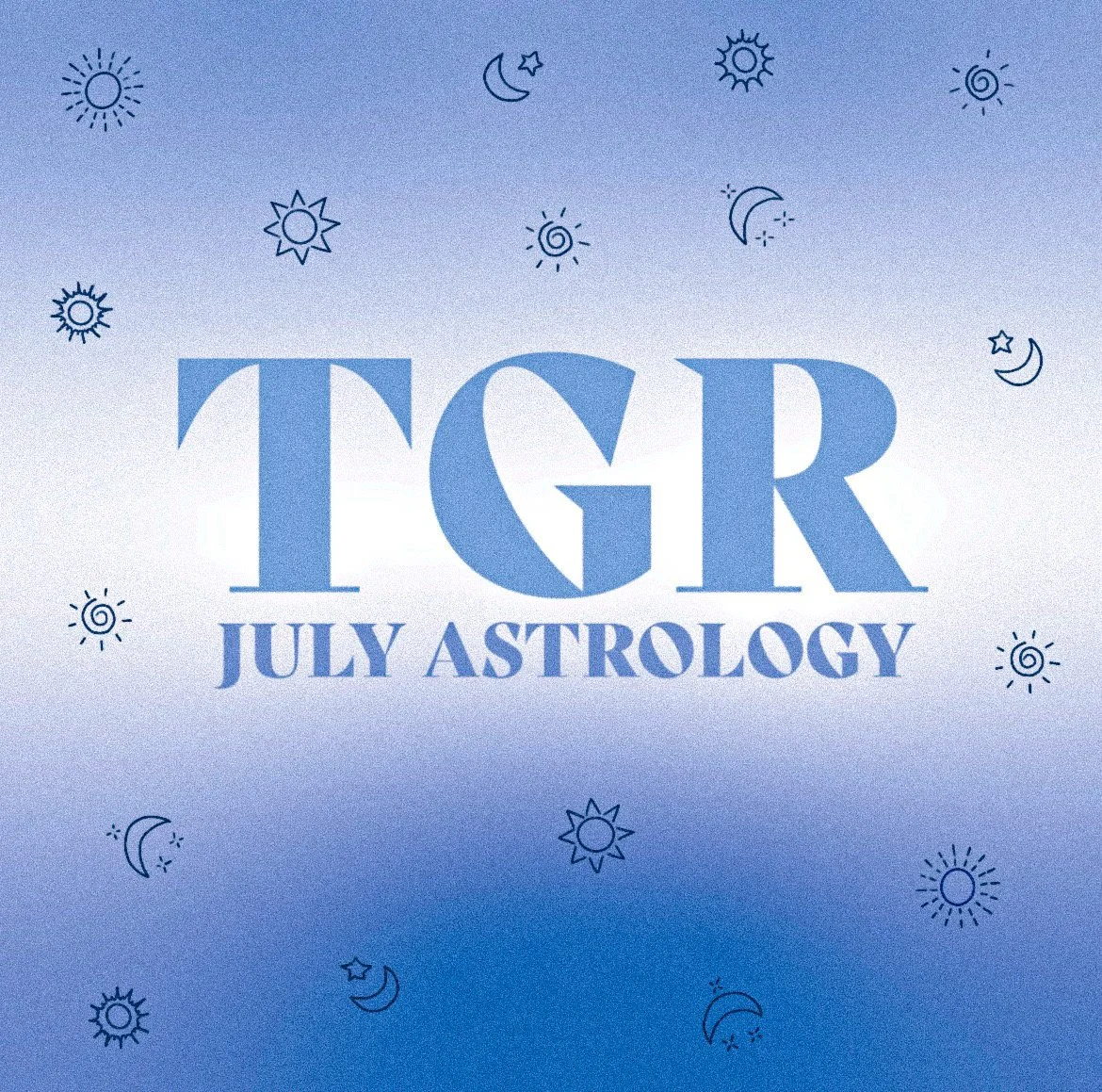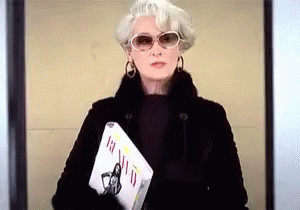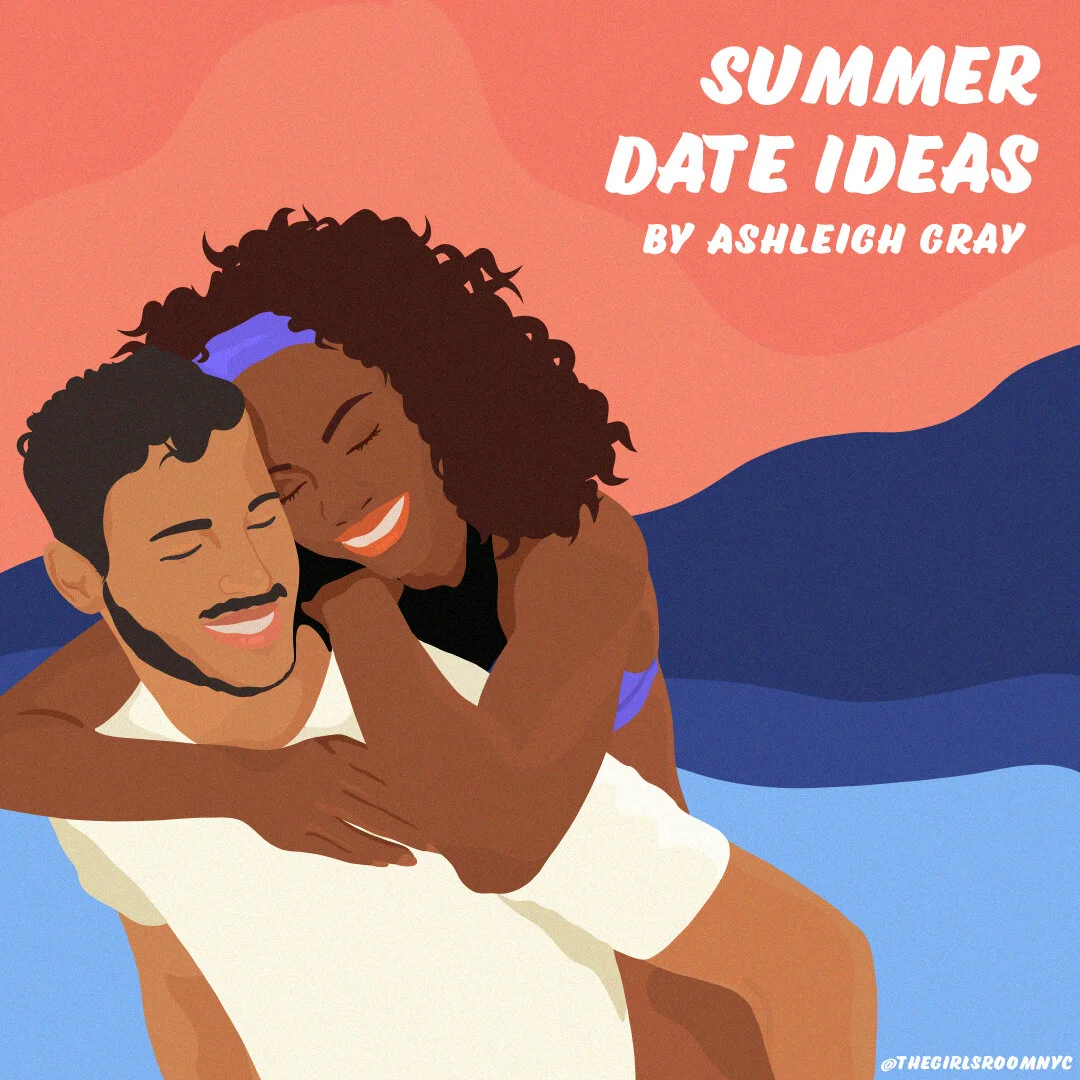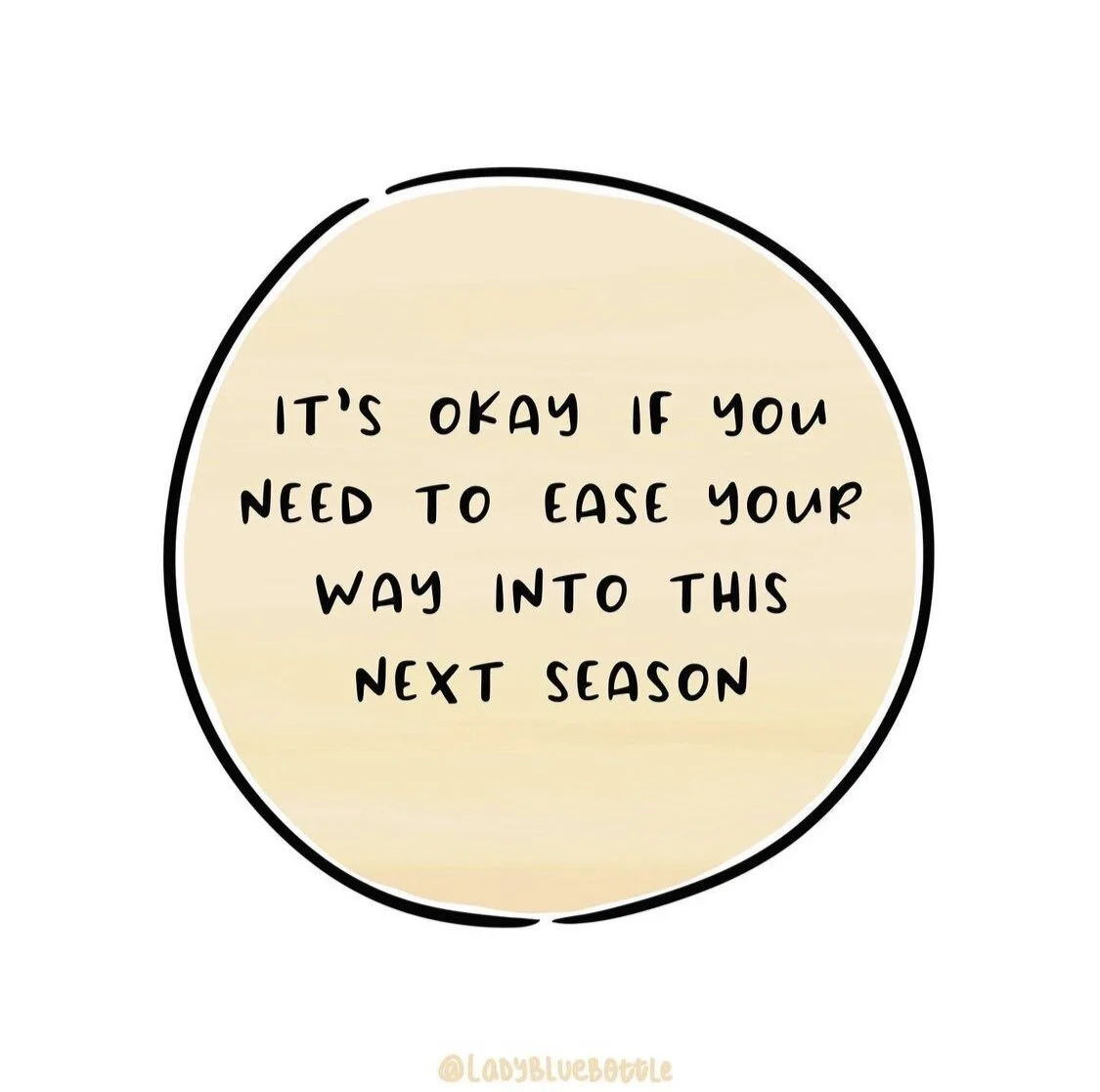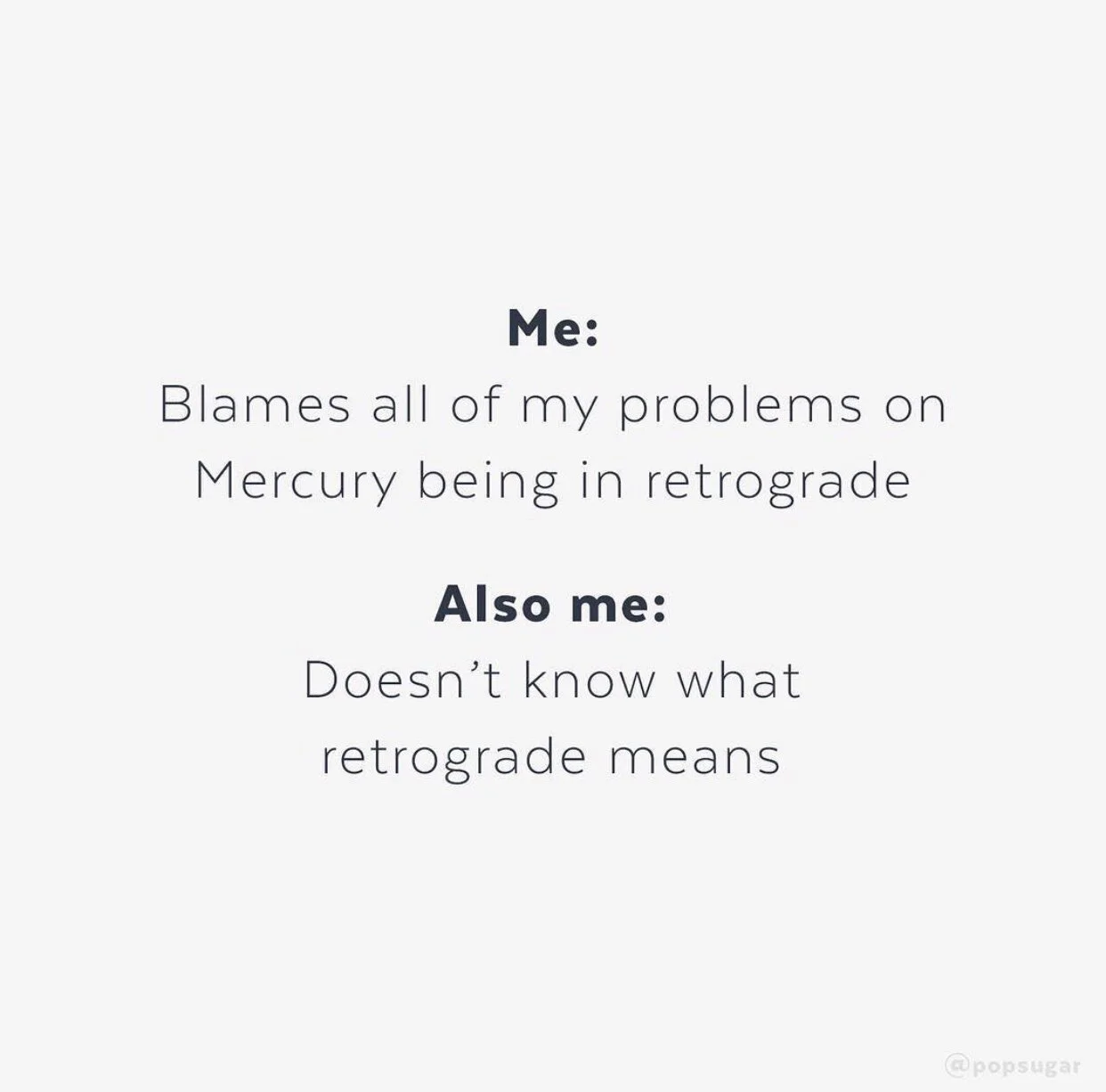Post-Pandemic Anxiety
Re-entry into normal life post-pandemic can feel strange, especially considering the fact that this time last year involved the beginning of New York City’s Phase 1 reopening plan. New York State has since implemented the CDC guidance “for fully vaccinated people for most businesses and public settings.” Though it appears that some New Yorkers and tourists couldn’t wait to get back out, the recent bustling streets across the city may have come quicker and more forcibly than others anticipated. And that harsh reality can be stressful for some to grapple with, especially when it comes to navigating their comfort levels in social settings.
NPR’s All Things Considered recently discussed the anxious feeling around returning to post-pandemic society and brought Dr. Lucy McBride, a primary care physician, onto the program as an expert to discuss the shared concerns of her patients and others. In response to a listener’s question on how to effectively decline invitations to social events they don’t want to attend, Dr. McBride said, “If nothing else, the pandemic has laid bare the critical importance of addressing our own mental health. And, for some people, having optimal mental health is not just about not getting COVID, it's about having time to sleep, relax. So, I think that we need to realize what it means to be human: It's more than the absence of disease, it's making our needs known and communicating those to other people.”
Those needs can be in reference to balancing work and life, engaging in small talk, and even physical acts like hugging. You can set the standard for yourself in order to protect your peace and simultaneously be respectful of others. Whether the concern is social distancing, mask wearing, or attending large gatherings with unvaccinated people, it’s helpful to take baby steps.
For plus size model and content creator, Victoria Barra (@victoriaxbarra), getting vaccinated gave her some peace of mind and eased her anxiety to be out in public. Since her vaccination was completed she’s chosen to continue to wear her mask while out and uphold previously recommended guidelines for her own comfort. In fact, she says that her habits have not changed much since loosened guidelines were announced. The fears of the pandemic still linger for Victoria when she hangs out with friends at a park, eats out, grocery shops, or even just walks outside. “All the fears of the last year about proximity and any human contact are still very present in my mind and something I believe will stick with me for quite a while,” says Victoria. Victoria is not alone. Arthur Bregman, a psychiatrist in Florida, has been using the phrase “cave syndrome” to describe post-pandemic reluctance to go out in public.
In an article for NBC News, two physicians, Dr. Gunisha Kaur and Dr. Natalia S. Ivascu wrote that, “Though the Centers for Disease Control and Prevention announced Thursday [May 13th] that Americans who are fully vaccinated don’t need to wear masks inside and outside, we firmly believe that those who would feel more comfortable continuing to wear masks should be supported in choosing to do so.”
The physicians go on to write that Covid-19 vaccines reduce the risk of severe illness by 95% and, “masks fill in the gaps left by the limitations of vaccines.” In other words, you are encouraged to do what you can to reduce spread, which includes wearing a mask even if you are fully vaccinated. The benefits of masks prevail, especially in congested situations like public transportation, “because there will always be populations at risk and likely be variants that pose a threat even to the vaccinated.” According to the physicians, science is evolving and after over a year of uncertainty, compassion and thoughtful behavior are keys to a collective recovery rather than aggressive debates that prolong fear.
A New York Times article released this month points to the effectiveness of fear tactics in the form of messaging used by the CDC since the onset of the pandemic. But the success of those tactics was short-lived, according to Sarit Golub, a Hunter College psychology professor. Instead, Golub argues that the more sustainable approach is hope, saying, “when you give the public some positive reinforcement, it can really bear fruit.”
In the case of those who are fully vaccinated, you can go about your life free from working around the risks of Covid for the most part, unless you are immunocompromised. You can do the things you once took part in like traveling and visiting extended family without a mask, according to the NYT article. It goes a step further stating, “many other normal activities — like riding in a car or exposing yourself to a normal flu season — present more risk.”
So, how do we combat anxiety? According to clinical psychologist Rob Hindman, “The way to get past anxiety is really to stop avoidance.” His method is to identify an activity that seems intimidating and gradually work up to doing it. By realizing your ability to do something, the fear of the activity goes away. For post-pandemic life, this can be as simple as stepping out of the house daily and enjoying the warm weather.
With grace and patience, overcoming anxiety post-pandemic can be achievable if we take on our challenges in stages. If you want to attend a live concert, for example, try buying tickets to a performance at a small, more intimate setting. If you want to visit the beach, try going at a time when it will be less crowded, like in the morning.
If you want to go to a bar or restaurant, try an outdoor venue and review the business’s Covid-19 policies beforehand. If you expect to engage in small talk and meet new people, try casually practicing with loved ones. This approach may seem silly, but is worth trying to ease yourself into living the life you want instead of ripping off the proverbial band-aid. Each event or activity you hope to partake in again presents its own challenges and risks which can be overwhelming, but life can be exciting again, despite initial hesitancy and anxiety.




